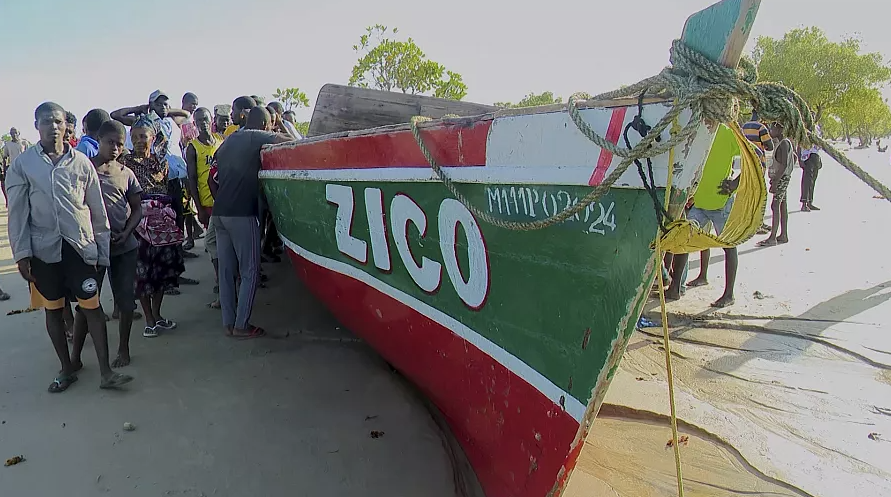Death toll from ferry accident reaches nearly 100: The number of casualties from Sunday’s capsize of a makeshift ferry boat off Mozambique’s northern coast has approached 100. According to Monday’s update from Mozambique’s Maritime Transport Institute (INTRASMAR), the overcrowded fishing vessel did not have the proper authorization to carry people.
The initial death toll was raised from 91 to 96 when three more victims were recovered late on Sunday and two more on Monday, according to Manuel Loforte, who is representing Mozambique’s Maritime Institute.
“As a result, we witnessed a shipwreck, resulting in 91 reported deaths yesterday, and at around 23 hrs (11pm local time), we found another three bodies, totaling 94, and this morning we found two more bodies.”
According to local media accounts, over 26 people are still missing and there were children among the casualties. Eleven persons were hospitalized after the ferry, which was carrying 130 people, according to the administrator of the Island of Mozambique, who spoke to state-run Radio Mozambique.
“My sister tragically passed away. She was, in fact, accompanying her granddaughter. Two out of three family members perished aboard the boat, according to Momade Raisse, a relative of one of the dead.
Online sources indicate that some passengers were heading to a fair, while others were escaping the current outbreak of cholera in the region and were seeking refuge on the Island of Mozambique.
I was bereaved of the offspring of both my brother and my stepmother. Amade Juma, the uncle of one of the victims, recounted that the ferry that was leaving Lunga to come here sank in Quissanga due to cholera.
The secretary of state of Nampula province, Jaime Neto, was cited by other news outlets as saying that passengers boarded the boat—which is normally used for fishing—to evacuate the area because they were panicked by false information about a cholera outbreak.
A fatal cholera epidemic has been spreading over southern Africa, and authorities in Mozambique and neighboring nations are struggling to contain it. Boats are congested since they are the primary mode of transportation in many parts of Mozambique.



















